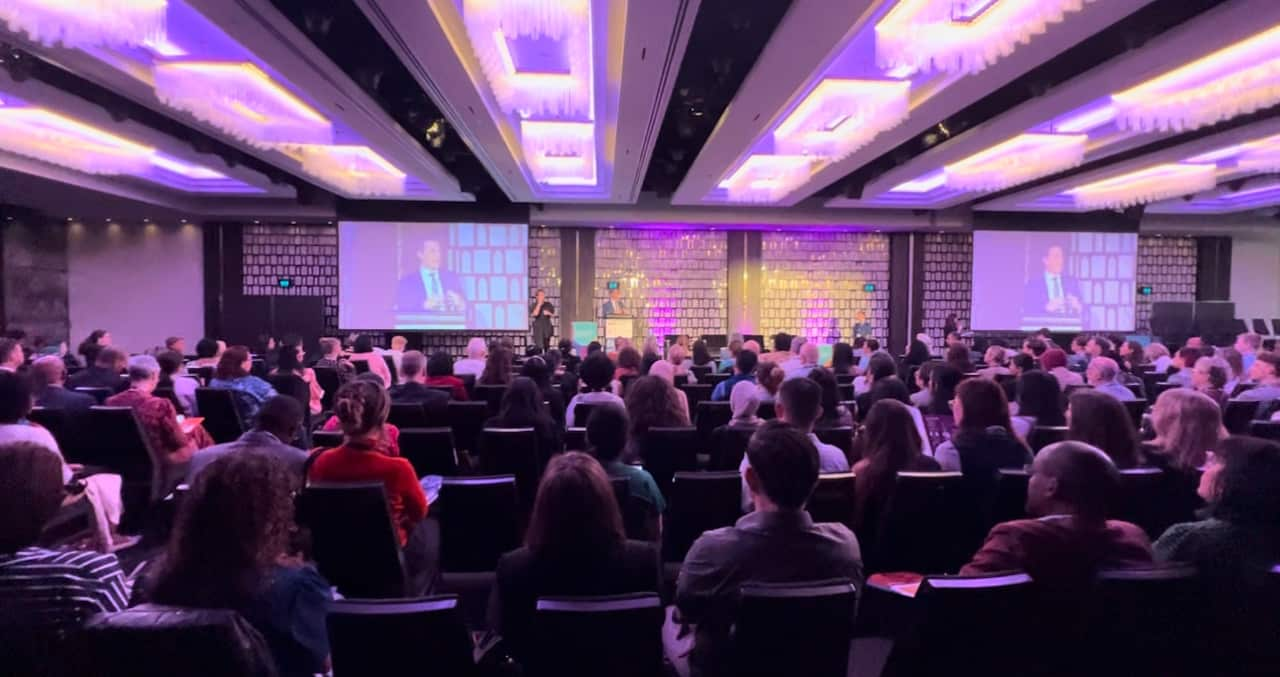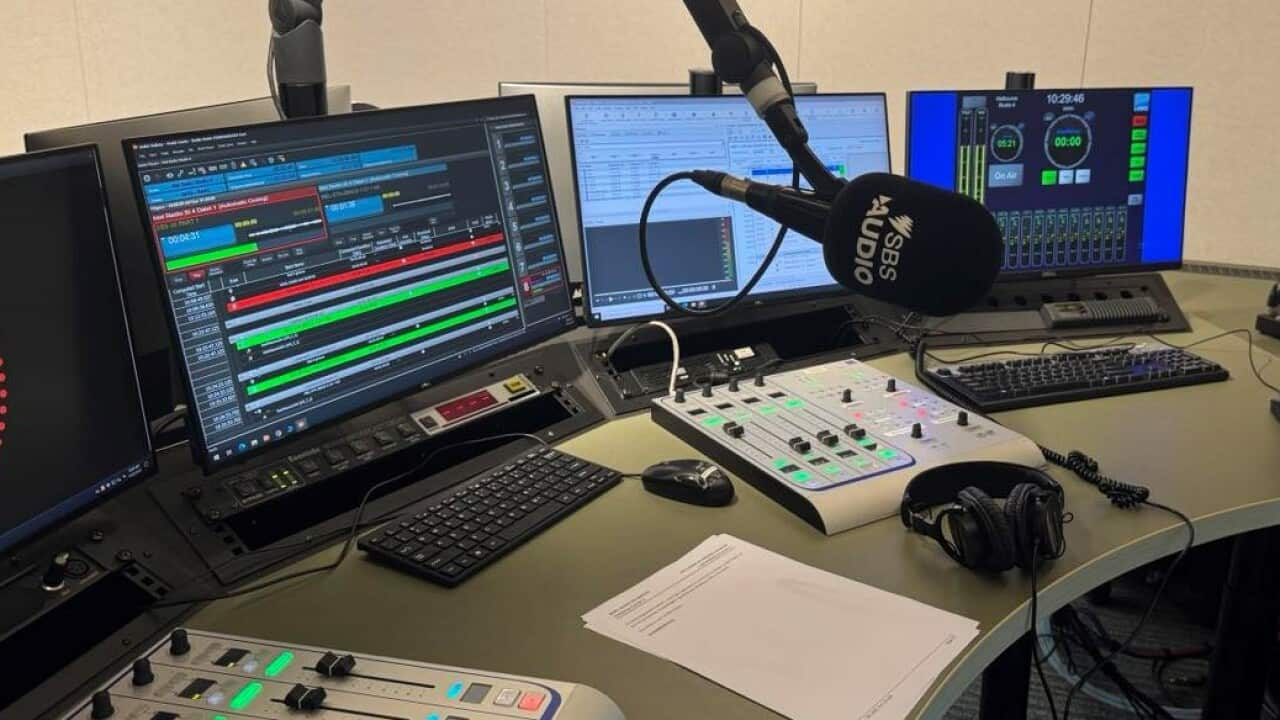Key Points
- The first National Multicultural Health and Wellbeing Conference was held in Sydney on 21-22 November.
- The conference, attended by around 500 delegates aims to find ways to improve Australia's health system.
- The Federation of Ethnic Communities’ Council of Australia (FECCA) and the Australian Multicultural Health Collaborative (The Collaborative) co-hosted the event.
LISTEN TO THE PODCAST

Multicultural health conference discusses measures to improve Australia's multicultural health
16:45
Members of the CALD population, including Filipinos, have roles to play in addressing health challenges, reviewing best practices and exploring better access to the country's health and wellbeing services.

'We have a lot of migrants in Australia who have expertise in health care and we want communities to make good representations of themselves, to be able to properly address issues relating to the health system and make changes.' Credit: SBS Filipino/Annalyn Violata
In an interview with SBS Filipino, Mary Ann Geronimo who started her role with FECCA in September 2023, emphasises that a big percentage of Australia's population are migrants.
"That includes a huge number of Filipinos, who are among the top 5 in terms of population," Geronimo says.

FECCA CEO Mary Ann Geronimo. Credit: SBS Filipino
"This is really critical because, in that overall picture, they are not seen as a big group that also needs health support. People are becoming invisible just because we do not hear them."
Ms Geronimo, who has an extensive background in Public Policy, reiterates that "only when we speak out that is when people listen to us and able to find solutions to our concerns".
"Be part of the discussions, to really add to knowledge and governments listening to us and understanding about our experiences, and seek solutions to problems and take actions."







